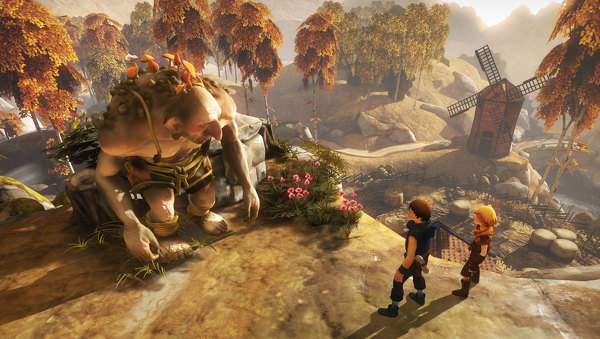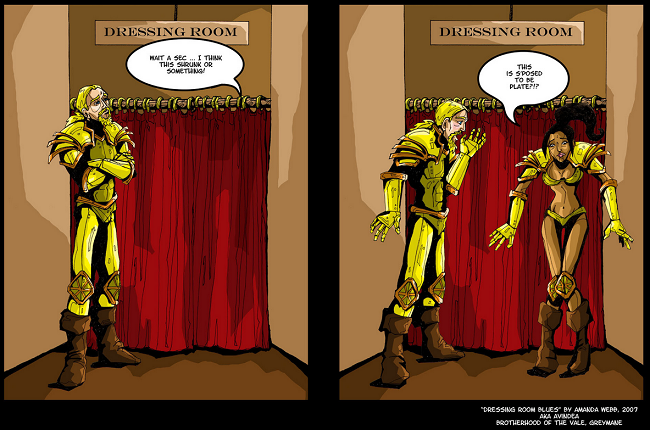Because it is terrifyingly easy to lure me into anything related to attempted organization, I’ve recently made a bullet journal. The idea is simple: a self-designed journal/planner that allows more flexibility than a traditional planner (something I’ve never been able to keep). I keep to-do lists, and notes, and love to track random bits of data, but there’s always been something about planners that’s made them feel more like a burden than a tool after a few weeks. Perhaps that will happen here; perhaps it won’t, but I’m eager to give it a shot.
One of the draws of the bullet journal, for me, is the DIY aspect, which means I can put in any pages I want. Some people track books read throughout the year (or in a single month, or whatever), and while I’ve made that section, I thought – why not video games? I’ve tracked books before, marking new reads and re-reads throughout the year, but I’ve never formally tracked the video games I’ve played, and after I made that little page in my new journal, I thought: no, really, why not video games? Why’ve I never tracked this before? It’s easy enough to trace much of what I play, thanks to regular writing here, but there are always games I return to but never write about, or games that get played but not much discussed. But how many do I play in a year? Without digging into Xbox Live and Steam stats, or thinking about the few Playstation games I add in every year, and going through my App store purchases, it’s hard to know, and harder still to know when I played what.
This kind of data, though, is useful. More, it’s natural to collect, or would be, if we put games on the same level as books. I study games and even I struggle sometimes with legitimizing the time I spend playing, when I never question the decision to lose an hour or two in a book. When we’re working on games for the blog or in the program, we’re told to schedule play time as research time, to add it to our schedules the same as we would study time or anything else, because we need that extra push into legitimacy. This is not just for fun, we have to remind ourselves. There’s something else here as well. This is work.
And it is – I can never turn off the analytical side of my brain when I’m playing; I’m always thinking through character design or level design, or some other choice made, same as when I read fiction. That part of my mind is always working, even when I am just supposed to be playing for fun or relaxing with a book. I can’t shut off that training.
We all get pushback from outside quarters, too. “I thought you were working,” someone will text, “but I see you on the Xbox.” Yes, Netflix binger, I am online, and I am working. “I guess you’re not struggling too much with money. You bought that game on Steam!” Yes, just as I have to buy expensive textbooks for my classes, sometimes I have to lay out ten bucks for a game. Sometimes when I’m streaming, some random person will wander in and ask what I’m doing, or as happened once, tell me straight out that “adults don’t play games.” I’m not sure where this comes from — the data certainly doesn’t support it — but we hear variations on it all the time. And more formally, sometimes the scholarship is looked down upon. Why’re we doing games when we could be doing something important?
For me, tracking the games I play in 2017 is another step toward legitimizing my work. Not for anyone else, but for me. It’s pushback against those voices, well-meaning or not, uninformed or not, a tool to remind myself that what I’m doing is just as important as sitting down with a book. That my brain is working along with my fingers. And if I can manage to keep tracking all through 2017, at the end of the year I’ll have information that may open up some other path of inquiry, maybe revealing new patterns or inspiring new ideas, and there’s value in that, too. There’s value in all of it, if we can just make ourselves remember that value.




